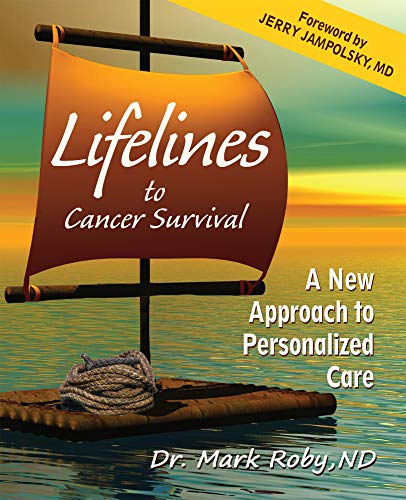It was late June of 2009 and I was on the brink. Over the previous few months I had collapsed a number of times and had to be transferred to various emergency rooms. Often I was short of breath, dizzy, and swelling up like a balloon. Furthermore, many of my labs values were going south, while my liver ensymes were rising.
As my liver began to fail, Kathy and I made our way to a prestigious hospital in New York City. The major vessels in my liver were shutting down as the tumors grew. But my medical team could not pinpoint the exact location of the blockage in my vessels. They asked me to stay another week so they could find the problem. We were running out of funds and I was running out of time. That night at the Hope Lodge ( American Cancer Society), I cried out to God for help. I was guided to the internet, where I found a renowned interventional radiologist named Dr. Riad Salem out of Northwestern Memorial Hospital in Chicago. Three days later I was on his operating table, where he spent two hours pinpointing the location of the blockage. After 10 days and two cutting- edge procedures, I left the hospital. These procedures made me stable enough to be vetted for a liver organ transplant. I will never forget the care and compassion that I received from the clinicians and staff. Additionally, I am extremely grateful for the expertise of Dr. Salem and Northwestern Memorial.
What stops patients from getting second opinions? There are a multitude of reasons, including not wanting to offend their oncologist. Other reasons include extreme fear or panic, along with often being told that they must hurry into treatment. What most patients don’t understand is that they usually have a four to five week period following their diagnosis when they can safely explore these options. Of course , there are times when they shouldn’t wait. These few exceptions include being critically ill or having a tumor that is causing a dangerous blockage. Ma ny patients would benefit from getting second or even third opinions.
ny patients would benefit from getting second or even third opinions.
I am still looking for them fifteen years out and in remission, What about you?

